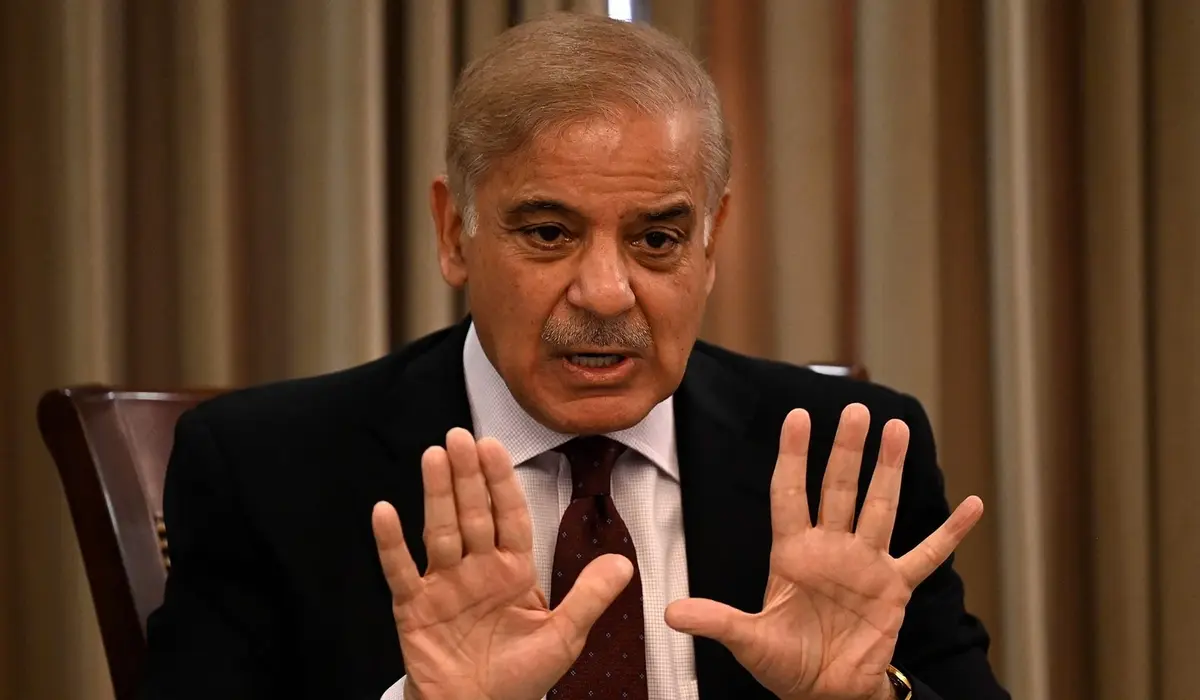Pakistan Prime Minister Shehbaz Sharif’s stand that trade with India will not be resumed until the Kashmir issue is resolved will cause worry for the country’s economic managers and business community who have been keen to start cross-border trade to import scarce food goods that are fuelling inflation.
The severe floods that have damaged large swathes of crops have added to Pakistan’s problems. Despite rising challenges, Sharif’s statements on Kashmir only underscores Pakistan’s continued “obsession” on Kashmir at a time when economy should have been the thrust.
While Prime Minister Narendra Modi had expressed concern and sympathy over the havoc caused by the floods in Pakistan, Sharif in sharp contrast appears to be out to score political points at home by harping on Kashmir.
“There won’t have been problems about trading with India but genocide is going on there and Kashmiris have been denied their rights. Kashmir has been forcibly annexed through abolition of Article 370,” Sharif claimed.
Sharif’s statement came after Miftah Ismail, his finance minister, underlined the need for opening up imports of vegetables from India.
New Delhi, however, is not losing any sleep over the issue.
Sources said that for India, resumption of trade with Pakistan has not been on the priority list. “Trade between the two countries have remained suspended for a few years now but it has had no impact on our economy, Pakistan’s decision – either way– therefore is of no consequence to us,” Sharad Kumar Saraf, former president, Federation of Indian Export Organisations (FIEO) told India Narrative. Saraf added that from India’s lens, the issue of terrorism continues to be the major issue.
Even as Islamabad managed to get a loan of $1.17 billion from the International Monetary Fund (IMF) on Monday, the multilateral lender warned that the country is at a challenging economic juncture.
The local media has criticised the Pakistani government for not delinking politics and economy.
“Pakistan’s diplomatic relationships should be based on shared interests with each country. There are several examples of countries whose economic links remain intact despite political or border conflicts,” Karachi-based the News wrote, citing examples of trade between India-China and China-US.
Pakistan suspended trade with India in August 2019 after New Delhi decided to abrogate Article 370 removing the special status of Jammu and Kashmir. Pakistan also downgraded diplomatic ties with India. Earlier in 2019, after the ghastly Pulwama terror attack which left 40 Indian soldiers dead, India withdrew the ‘Most Favoured Nation’ status accorded to Pakistan.
Also read: Pakistanis fear hunger pangs after massive floods damage crops




















